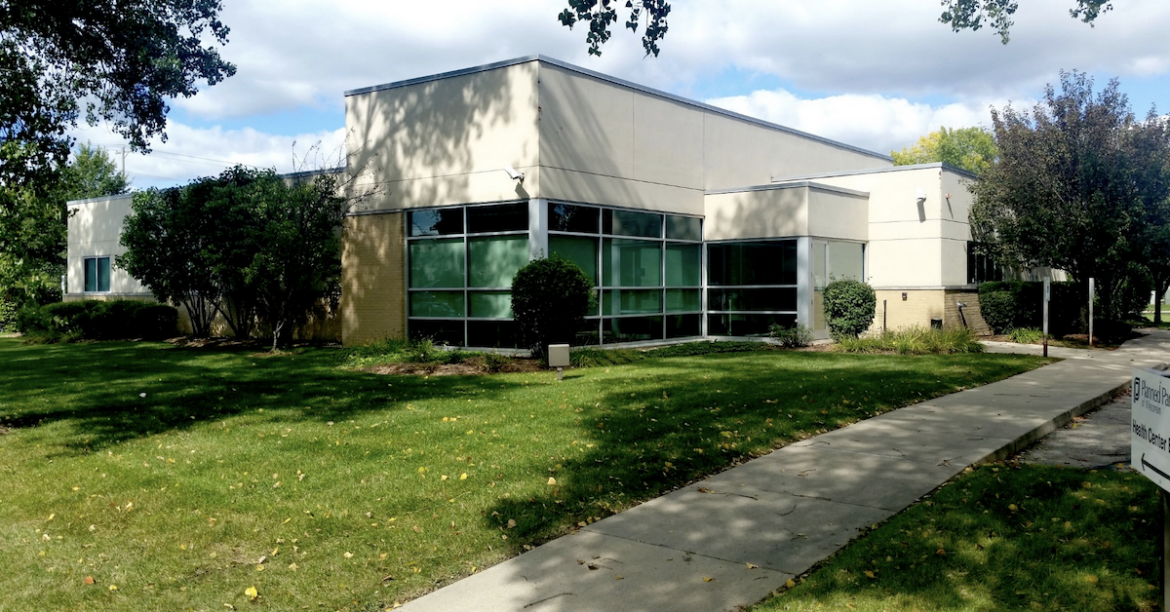In September, Planned Parenthood of Wisconsin announced that abortion services would resume at their health centers in Madison and Milwaukee. Until then, abortion had been inaccessible throughout the state since the U.S. Supreme Court overturned Roe v. Wade in June 2022.
Abortion services had halted due to a 1849 state law still on the books that appeared to ban abortions in all cases, except to save the pregnant person’s life, although the law was unclear. The decision to resume services came soon after a ruling last July by the Dane County Circuit Court that the 1849 ban actually outlawed feticide, not consensual abortions.
After a final ruling was issued in December, Planned Parenthood of Wisconsin resumed abortion services at its Sheboygan Health Center. Along with the Milwaukee Water Street and Madison East health centers, there are now three clinics in Wisconsin where patients can receive an abortion, each operated by Planned Parenthood.
But with only three clinics offering abortions in a state with almost six million residents, how accessible is the procedure?
According to Analiese Eicher, director of communications at Planned Parenthood of Wisconsin, appointments at its Madison and Milwaukee health centers filled quickly after resuming abortion services. Wisconsinites seeking abortion care who do not live near Madison, Milwaukee or Sheboygan must travel considerable distances to obtain the procedure. This incurs many costs and still forces some patients to travel to other states.
“All of our appointment slots were full within 24 hours,” Planned Parenthood of Wisconsin CEO Tanya Atkinson said in an interview with Wisconsin Public Radio. “So it’s clear that the need is great.”
For those living in areas like northwestern or southwestern Wisconsin, the nearest option for abortion care may instead be across state lines, since Illinois and Minnesota are less restricted when it comes to abortion services.
“While we are grateful that we’re able to provide at health centers in Madison, Milwaukee and Sheboygan, accessing healthcare in general – let alone reproductive healthcare – is already a challenge for a good portion of Wisconsinites,” Eicher said. “We know that folks needing abortion in western Wisconsin often cross the border and go to Minnesota. We know that there are many folks who cross the border to go to Illinois.”
According to Amy Williamson, associate director of the Collaborative for Reproductive Equity at UW-Madison, 70% of women of reproductive age in Wisconsin live in counties that don’t have an abortion clinic.
“A question I often ask myself is, Would that be OK if it were a dentist or a primary care physician? Because abortion is a common health care service,” Williamson said.
But even before the Supreme Court overturned Roe v. Wade, women had limited access to abortion in Wisconsin. Prior to June 2022, there were just four abortion clinics in Wisconsin, one more than the three that are open now.
In a statement, Mayor Satya Rhodes-Conway said it is unfortunate that those seeking an abortion may have to travel considerable lengths to obtain the procedure in Madison.
“The city of Madison is known nationwide for its exceptional health care, and women’s health care is no exception. I am pleased that abortion services are again part of that care,” Mayor Rhodes-Conway said. “Although it’s unfortunate that some women need to travel long distances to obtain a basic service, I am glad that it’s available.”
But according to Williamson, the costs of traveling for the procedure are significant for many Wisconsin patients seeking this kind of care. These expenses can include the procedure itself, travel, hotel, time away from work and childcare.
“It’s a really significant cost, well over a thousand dollars on average for someone to travel out of state for care,” Williamson said. “It’s very hard to come up with another healthcare procedure for which people face similar costs and challenges.”
Williamson said that both before Roe was overturned and now, state law has limited access to abortion by placing restrictions on insurance coverage, requiring waiting periods, mandating that only physicians can provide care and prohibiting the use of telehealth for abortion-related services.
Indeed, Wisconsin state law prohibits Medicaid (BadgerCare), insurance plans provided on the state’s Health Exchange and state employees’ insurance plans from covering abortions.
State law also regulates the use of abortion-inducing medication. After visiting a physician, a patient must wait 24 hours before returning to the same physician, and that physician must then be present to watch the patient take the medication.
According to both Williamson and Eicher, there is no evidence that local Madison patients seeking abortion services are not receiving care due to the number of patients traveling from other parts of the state. Williamson said this is likely because this has been the status quo for years, even before Roe was overturned.
“We are grateful to have been able to restore care here in Wisconsin,” Eicher said. “There’s a lot of work to do in terms of protecting and expanding care.”






